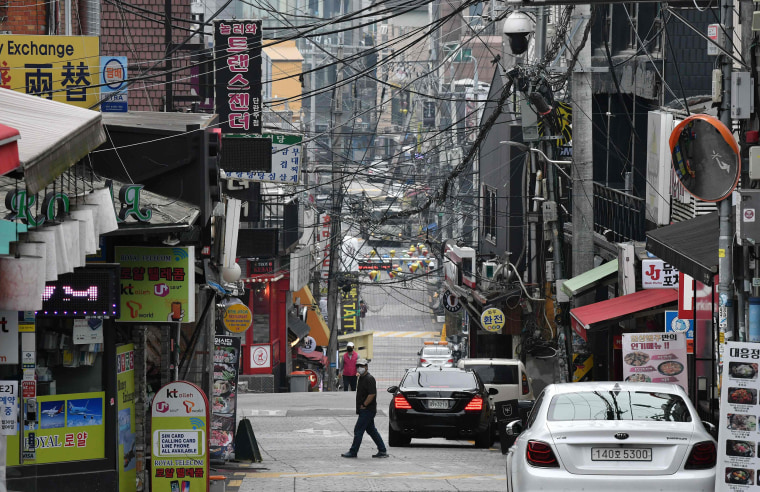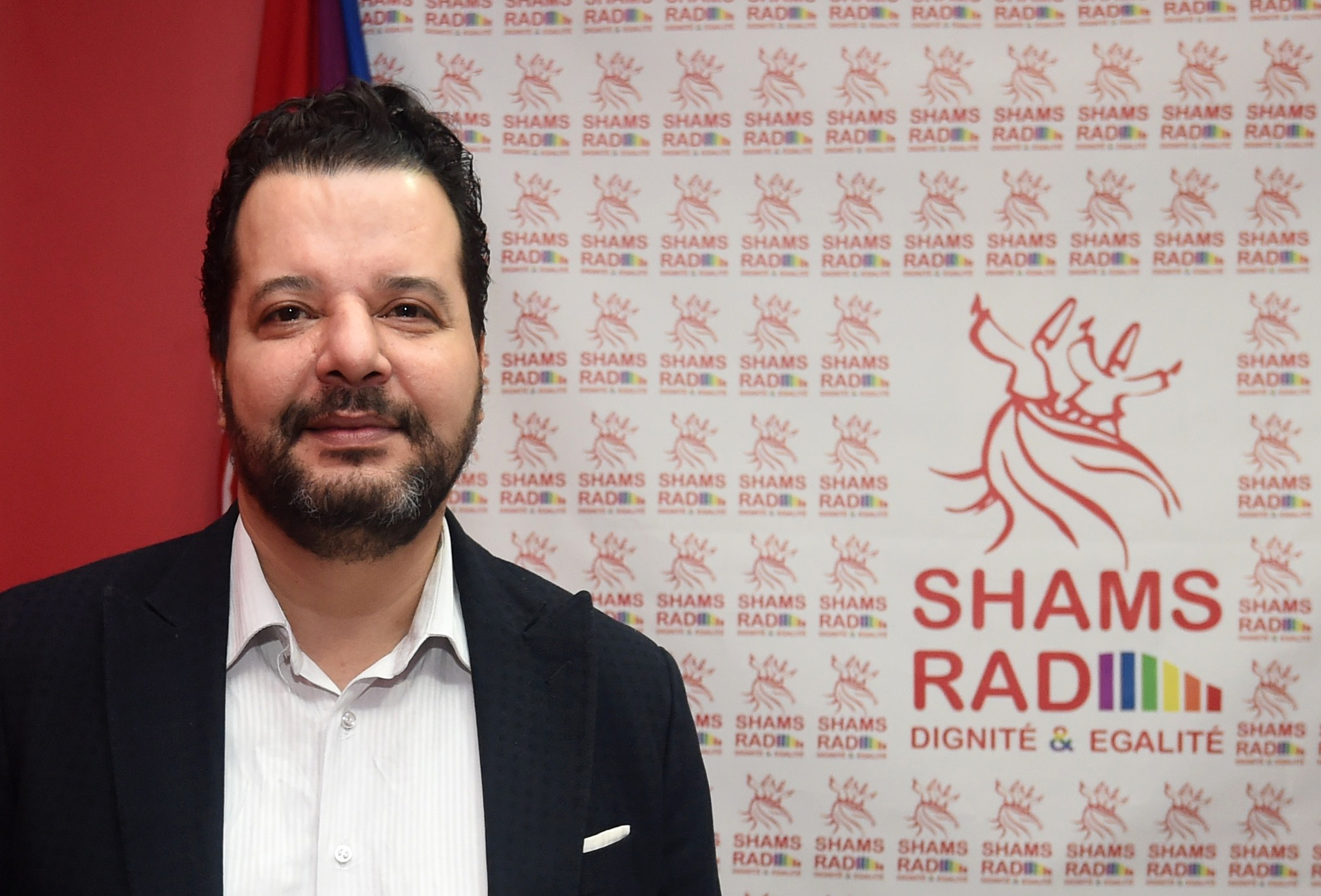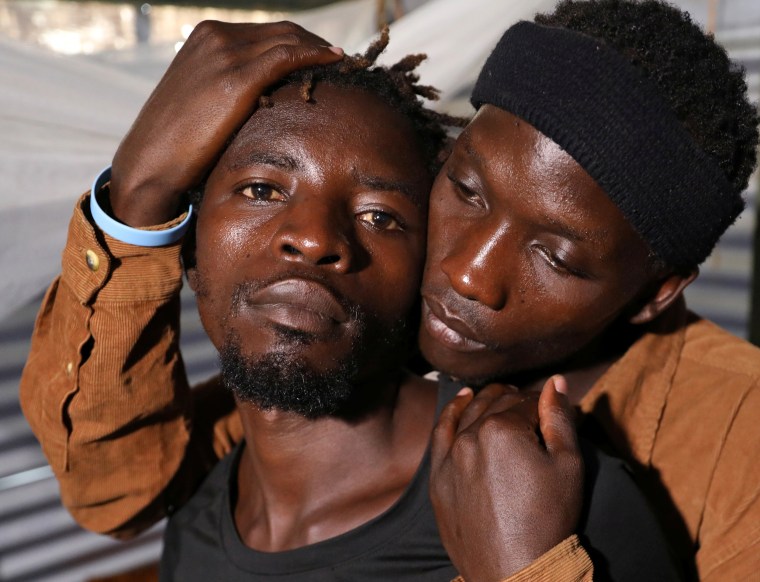Tracing of S. Korea’s new Coronavirus Outbreak Focuses on LGBTQ Clubs
South Korean officials scrambled on Monday to contain a new coronavirus outbreak, searching for thousands of people who may have been infected in a cluster of cases linked to nightclubs and bars in the capital Seoul.
South Korea has been lauded for its quick, effective action on its epidemic, significantly reducing the rate of new infections in recent weeks, but the resurgence of cases has raised worries about a second wave of infections.
Officials reported 35 new cases as of midnight on Sunday, the second consecutive day of new cases of that magnitude and the highest numbers in more than a month.
Twenty-nine of the new cases were linked to several Seoul nightclubs and bars, many of them catering to members of the lesbian, gay, bisexual, transgender and queer (LGBTQ) community.
That has raised complications for officials trying to track those who might be infected in a nation where homosexuality is often taboo and LGBTQ people face discrimination, including job loss and hate speech.

Authorities have tested more than 2,450 people who went to the night spots in the Itaewon neighbourhood, but were still trying to track about 3,000 more. Hundreds of other people who came into contact with club patrons have also been tested.
“Our top priority is to minimise the spread of the infections,” Prime Minister Chung Sye-kyun told a meeting with government officials, calling on authorities to work with police.
“We should quickly find and test them, and speed is key.”
The outbreak has highlighted a possible unintended consequence of South Korea’s invasive tracing methods and its disclosure of some patient information, including their recent locations, as part of its approach to tackling the coronavirus.
Health ministry official Yoon Tae-ho acknowledged concern that individuals within the LGBTQ community could be outed and face discrimination if they came forward.
“We release the movement of confirmed patients to encourage anyone who might be exposed get tested voluntarily,” he told a briefing.
“We urge you to refrain from distributing patients’ personal information or groundless rumours, which not only hurts them but can also be subject to punishment.”
Related
Trans people face discrimination, violence amid Latin American quarantines
The Korean Centers for Disease Control and Prevention (KCDC) said 86 people had tested positive in connection with the Itaewon outbreak, which was made public on Friday, including people who had travelled to the capital and subsequently returned home.
Seoul mayor Park Won-soon pleaded with clubgoers to be tested, promising that personal information would be protected and warning that people caught evading testing could be fined.
“The nation is at risk,” Park said, noting the city has about 700 of the country’s 10,909 cases, which include 256 deaths.
Second wave?
The spike in cases comes just as the government was easing restrictions and reopening schools and businesses. Official data on Monday showed exports and imports suffered a precipitous decline in the first 10 days of May, underlining a bleak outlook for Asia’s fourth largest economy.
The education ministry put off the reopening of high schools, which was scheduled to begin on Wednesday, by one week in light of the new outbreak.
Responding to calls for all teachers and staff to be tested before schools reopen, Vice Minister of Education Park Baeg-beom told a briefing the government did not have the capacity to test all 600,000 of them.
Related
Meet Syd Sanders, Maine’s first transgender valedictorian
Technology firms Kakao Corp (035720.KS) and Naver Corp (035420.KS) suspended plans for employees to return to work from Monday, after two cases linked to the club outbreaks were reported at IT firm TmaxSoft, company representatives said.
TmaxSoft said on Friday it had shut its office near Seoul and would test all employees.
The 69 cases reported by the KCDC over the latest 48 hours were equivalent to the entire number of cases recorded over the previous week.
Still, KCDC director Jeong Eun-kyeong said while the outbreak was worrisome, it was not appropriate to call it a second wave.
“The epidemic is ongoing,” she said.


